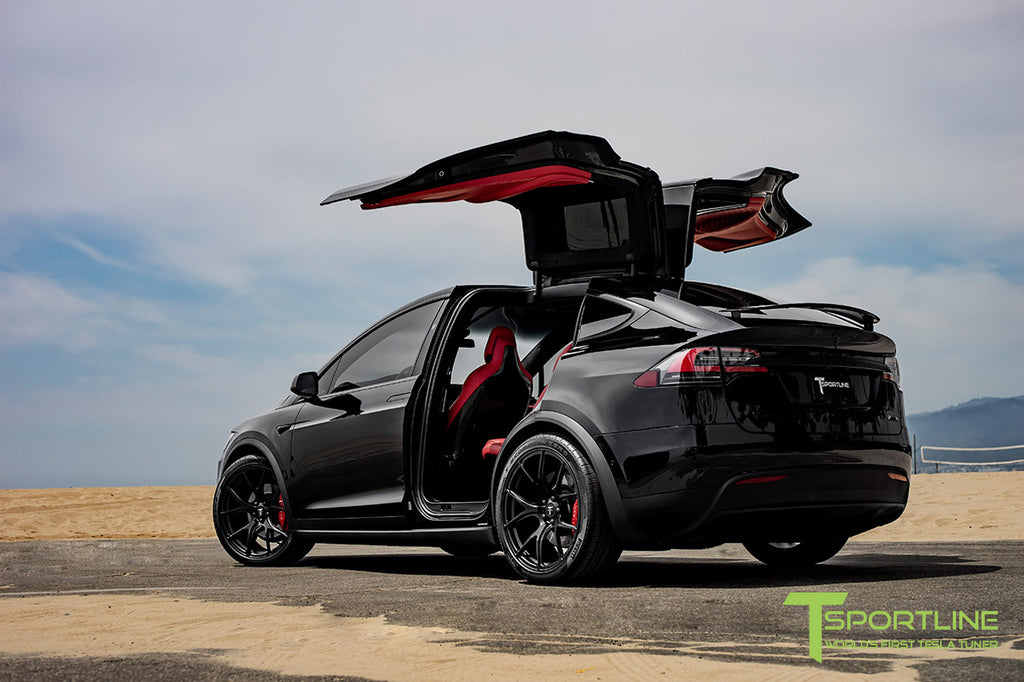
One of the most common questions we get is "will installing your wheels void my Tesla warranty?" The answer is NO.
Per the Federal Trade Commission website (consumer.ftc.gov), an 'aftermarket' part is a part made by a company other than the vehicle manufacturer or the original equipment manufacturer. Simply using an aftermarket part does not void your warranty. The Magnuson-Moss Warranty Act makes it illegal for companies to void your warranty or deny coverage under the warranty simply because you used an aftermarket part.
When accessorizing your vehicle with aftermarket parts, your warranty claim cannot be automatically denied, nor can your warranty be voided, if you install non-OEM parts in your vehicle. The burden is on the dealer to prove the aftermarket parts caused the failure at hand. For example, if your tire pressure sensor fails, your vehicle’s warranty claim can’t be denied because you installed aftermarket tire pressure sensors that are different from OEM (Original Equipment Manufacturer) parts. More importantly, if an air suspension unit or an electric drive motor fails and you have an aftermarket wheel installed, the dealership/manufacturer would have to prove the aftermarket wheel caused the suspension unit failure or the drive motor to fail in order to deny a warranty claim. In these types of scenarios, the dealership/manufacturer should have no reason to deny your claims.
Still, if it turns out that the aftermarket part was itself defective or wasn't installed correctly, and it causes damage to another part that is covered under the warranty, the manufacturer or dealer has the right to deny coverage for that part and charge you for any repairs. The FTC says the manufacturer or dealer must show that the aftermarket part caused the need for repairs before denying warranty coverage.

